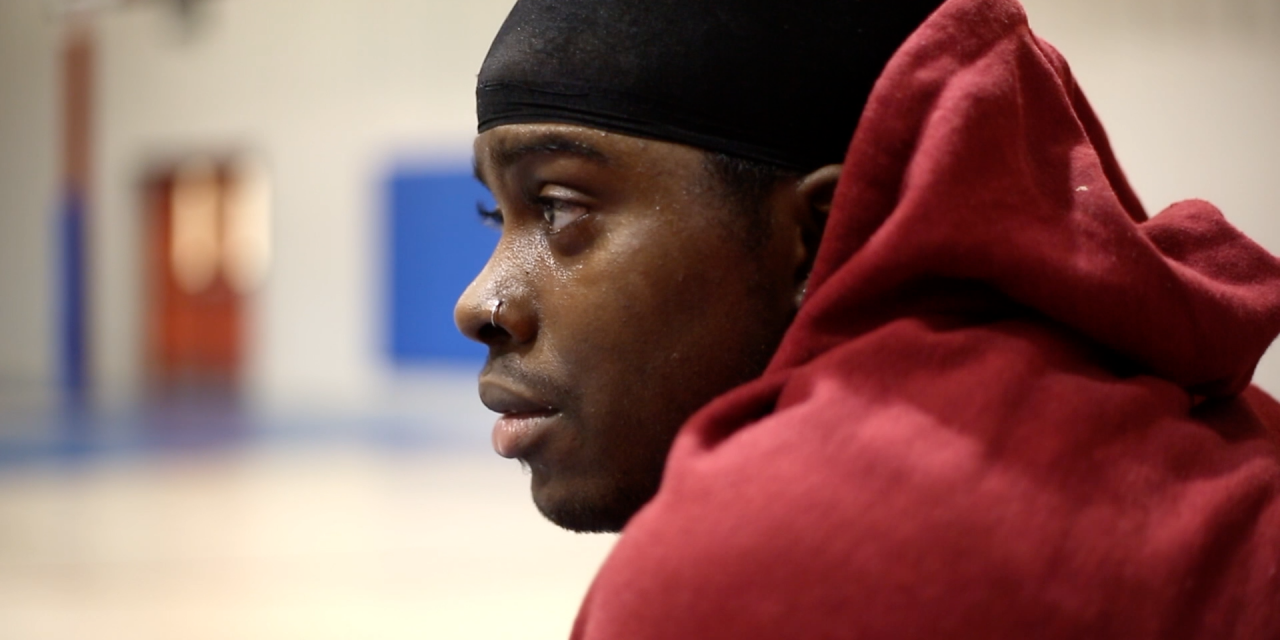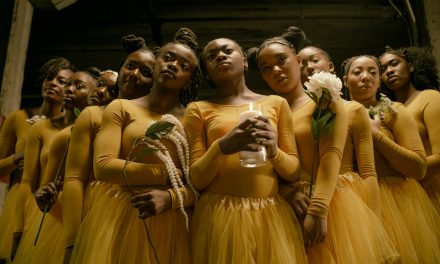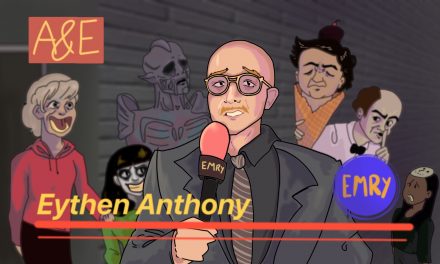This double feature might not distract you from the news, but it might give you a new perspective on it.
This is the third in a series intended to highlight lesser-known films available to stream.
Grey Gardens (1975)
Available on the Criterion Channel.
“It’s very difficult to keep the line between the past and the present.” This line comes about six minutes into “Grey Gardens,” and it could very well constitute its thesis. A documentary created by the Maysles brothers, “Grey Gardens” depicts the lives of a mother and daughter, both named Edith Beale. The two women, who are the aunt and first cousin of former U.S. First Lady Jacqueline Kennedy Onassis, respectively, live a strange, secluded existence in a vast, dilapidated mansion in East Hampton, New York. The two former socialites spend their days listening to music, arguing, sunbathing and reminiscing. They are always discussing the past, arguing about what happened and what could have happened. Their psychic detritus clutters the almost nonexistent narrative of the film as much as 50 years’ worth of accumulated junk clutters the screen.
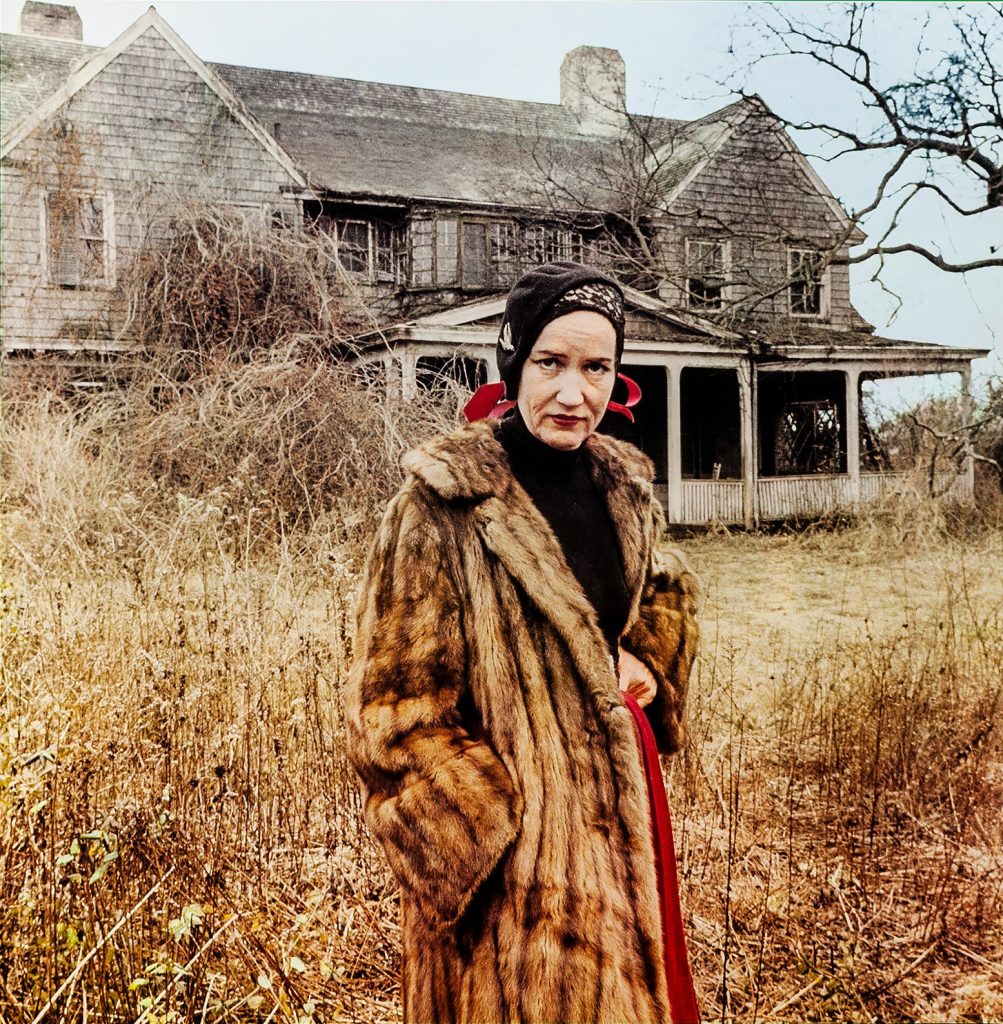
Edith Bouvier Beale outside the Grey Gardens Estate./Courtesy of Wikimedia Commons
Unlike most documentarians, Albert and David Maysles don’t seem to have much of an angle. The Beales are tour guides of their odd little universe, happy to pour out their hearts to the Maysles, who simply listen and record. The Beales maintain an aura of shabby glory, and their storied family lends their ramblings a weight they might not otherwise possess. Despite the ladies’ daffy charm, it’s hard not to draw comparisons to certain other elite members of society given a platform to ramble to their heart’s content.
Hale County This Morning, This Evening (2018)
Available on Amazon Prime.
“Hale County This Morning, This Evening” is an almost perfect foil to “Grey Gardens.” While both documentaries concern people far from the center of society, they differ in almost every other way.
While the aristocratic Beales opted out of society and chose a life of reclusion, the residents of Hale County, Alabama — almost exclusively Black and impoverished — never had that option. The very conditions of their existence exclude them from much of “traditional” American life. Director RaMell Ross describes his “sadness about the generalized inability to see communities like this one from the inside,” and it is evident from this movie — which features a section titled “How do we not frame someone?”— that Ross has thought deeply about the right way to portray his subjects. I’ve never seen a community like that of Hale County depicted anywhere on screen; it completely violates every stereotype about rural America and the Black American experience.
Like the Maysles brothers, Ross lets his subjects speak for themselves. We see the residents of Hale County dance, drive, watch TV, attend church and play basketball. They are certainly less verbose than the Beales, but no less expressive. Ross adeptly captures the many rhythms and rituals of small-town life, mixing them with more abstract sequences of footage. Church services and bike rides are interspersed with contemplative shots of the road, the sky and the county’s inhabitants.
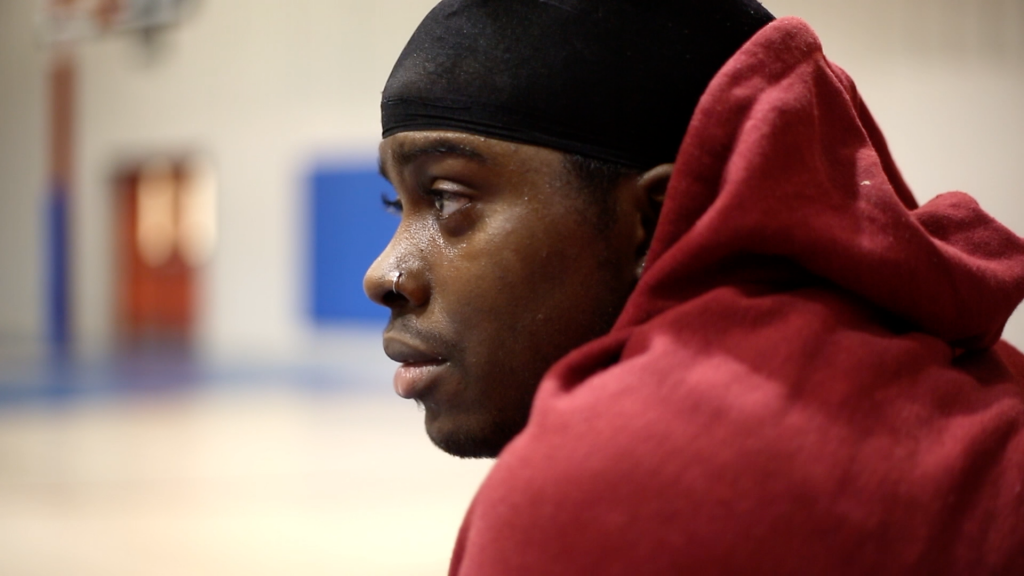
Quincy Bryant in “Hale County This Morning, This Evening.”/Courtesy of RaMell Ross & Cinema Guild
Unlike the “direct cinema” of the Maysles, Ross is unafraid to push the boundaries of the documentary form. Several images have proved indelible in my memory, including men riding horses down the street, heat lightning flashing in the deep country night, a man sweating onto his guitar and a sequence involving basketball free throws that’s easily one of the most exciting sports sequences I’ve seen on film.
“Hale County” is not poverty porn. It depicts joy, struggle, tragedy and the empty, beautiful Alabama countryside with equal weight. It is also not a political movie, but the realities of contemporary America lurk close beneath the surface. A particularly arresting scene focuses on a man joking about making a movie showing “a world without guns.” “That’d be a bad movie, right?” he says, before describing a hypothetical encounter with a police officer armed with a spear instead of a gun. He succinctly describes the consequences of getting struck with a spear instead of a bullet — “You live, man. You live to fight another day.”
I can’t think of the last time that I saw the poor portrayed this way in American cinema. Giving rich people space and camera time to ramble on about whatever they please is a time-honored part of American media (look at the recently canceled “Keeping Up with the Kardashians” or any major cable news channel). The subjects of “Hale County” would normally only appear in a documentary about some crisis or other. “Hale County” covers a lot of intellectual ground but traverses only a small section of physical territory. Each and every scene and shot bursts with different meanings, but the whole thing can be summed up quite well by the title.
I keep thinking of these two documentaries in terms of what they are not. Neither of the two glamorizes nor condemns its subjects’ lifestyle. The films feature many themes and possible interpretations but no overarching message, and they make no claims to universalism. This is not to say that either is apolitical or hermetic, but merely to note that the Maysles and Ross trust viewers to make their own connections. Both sets of directors present two very different Americas free from the tyranny of narrative or message.
Stephen Altobelli (22C) is an English major from Westminster, Massachusetts. He is a resident advisor for the Clairmont community, an advising fellow with Matriculate and an avid David Lynch fan. Contact Altobelli at saltobe@emory.edu.

